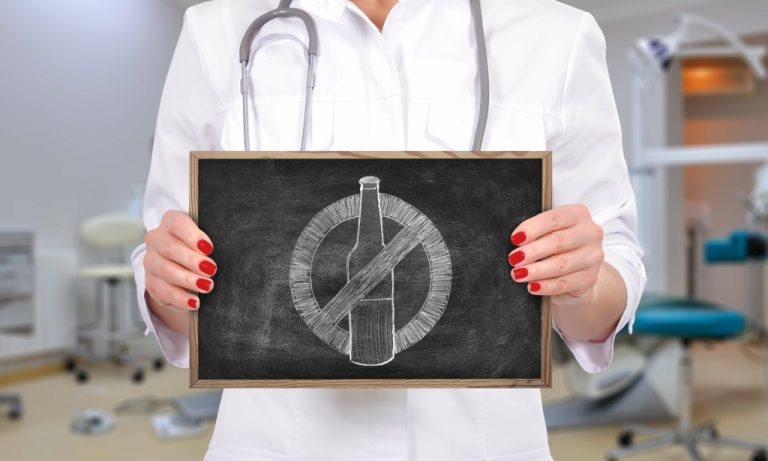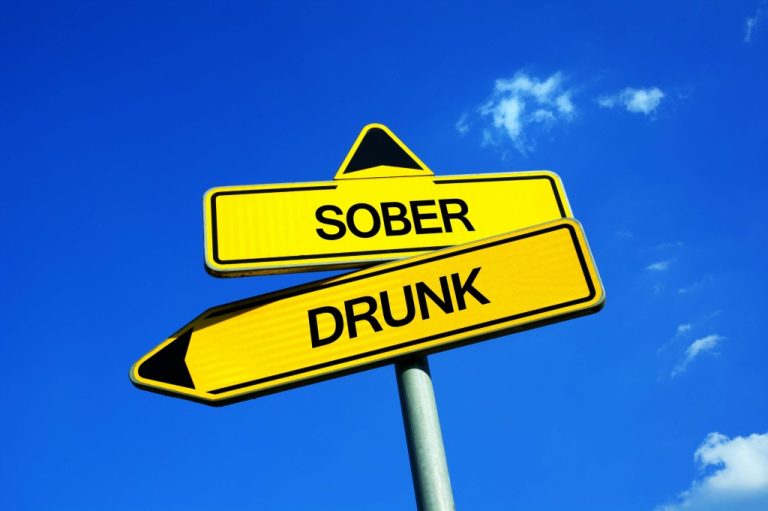Understanding these patterns allows one to take proactive steps to replace them with healthier choices. Engaging in open conversations with trusted friends or therapists can help individuals articulate their feelings of shame and guilt. By sharing experiences and vulnerabilities, it normalizes these emotions and diminishes their isolating power. Empathy towards oneself, recognizing that everyone makes mistakes, is a significant part of this healing process. In the realm of addiction recovery, therapeutic strategies play a pivotal role in addressing shame and guilt effectively. By providing individuals with the necessary tools and support systems, these strategies empower them to navigate the complexities of their emotions guilt and shame in recovery and experiences in a healthy and healing manner.
- Family conflicts, criticism, or neglect can deepen feelings of guilt and shame, especially if past behaviors caused pain to loved ones.
- At Northpoint Lincoln, our team is here to help you navigate these challenges with compassion and understanding.
- At Southern Sky Recovery, we are committed to supporting you through every step of this transformative journey.
- Guilt involves remorse about specific actions, such as behaviors committed during active substance use, and can serve as a motivating force for change.
- Overcoming shame and guilt is a pivotal aspect of recovery that requires intentional effort, self-awareness, and support.
Tips to Overcome Shame and Guilt in Recovery
In order to break this cycle, the first step is to be aware of these emotions and to have self-compassion. If you recognize the patterns of the addiction shame cycle in yourself or a loved one, it is time you seek professional guidance. Finding a therapist specializing in addiction recovery allows a newcomer to confront past behavior with gentle understanding. Therapists in residential treatment and rehabilitation centers address the significance of shame in addiction. BOLD Health and other mental health services offer therapies tailored to healing from shame. The connection between shame and alcohol use disorder is well-documented, as people turn to substances to numb uncomfortable feelings.
The Power of Routine in Preventing Relapse
Coping with regret during recovery involves a compassionate and constructive approach. First, it’s important to accept oneself and recognize that addiction is a complex condition influenced by multiple factors. Embracing self-acceptance helps reduce feelings of shame and negativity. Understanding the distinction between guilt and shame is essential in the recovery process. Guilt pertains to specific behaviors—feeling bad about a particular action like lying or neglecting loved ones.
Therapy and Counseling

It’s essential to analyze these feelings, reshape your perspective, forgive yourself for your past and move forward with a Alcoholics Anonymous positive mindset. In treatment, we’ve learned that the more someone accepts their guilt — which is about behaviors — the less shame they carry. If we can get someone talking about their behaviors, we can decrease their feelings of shame. And we increase their sense of empowerment which creates the openness for an increase in genuine self esteem. This tends to be a very uncomfortable process, both for the patient and for the family. There is a temptation for family members to jump in and protect their loved ones from feeling this pain.
